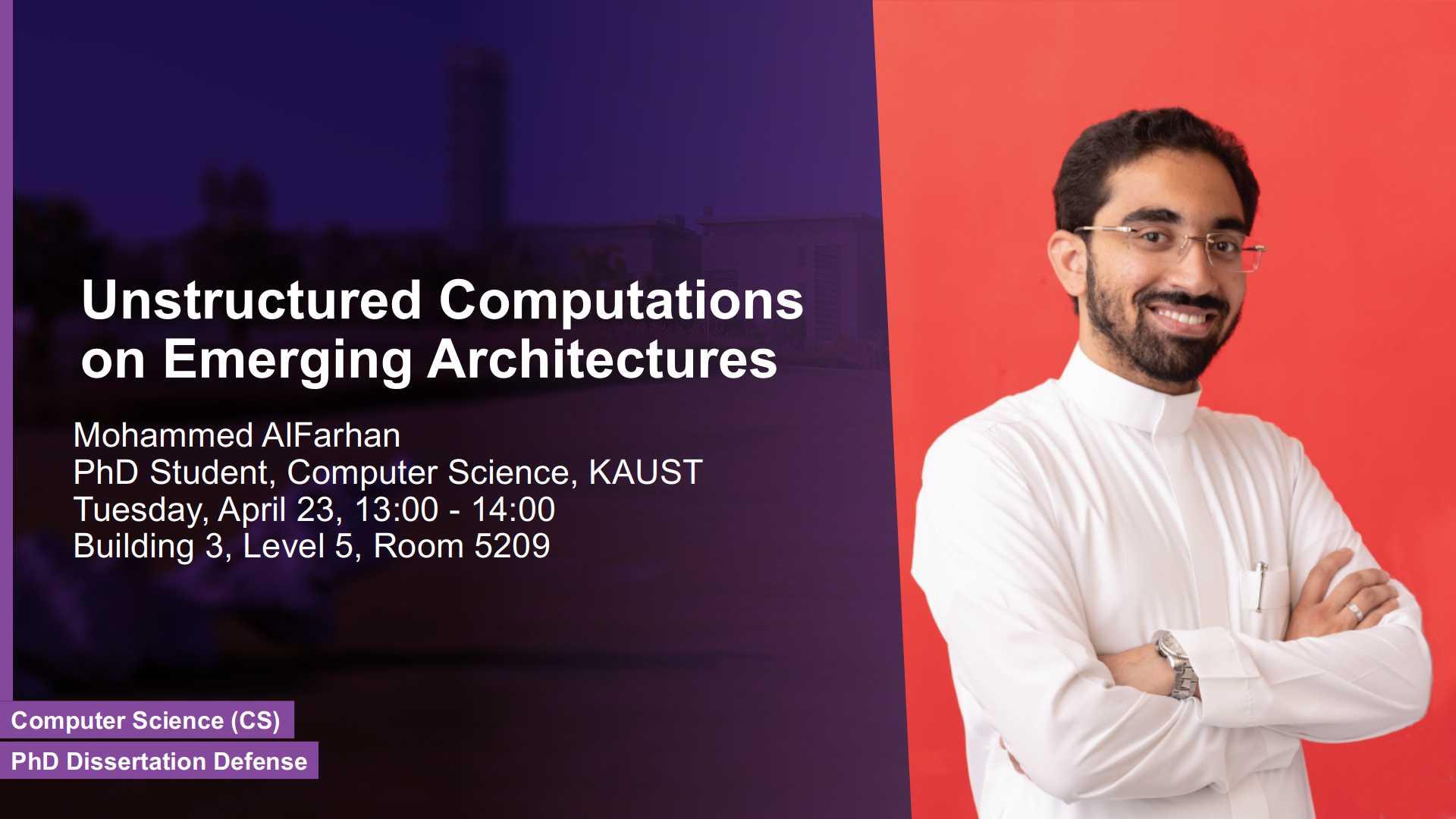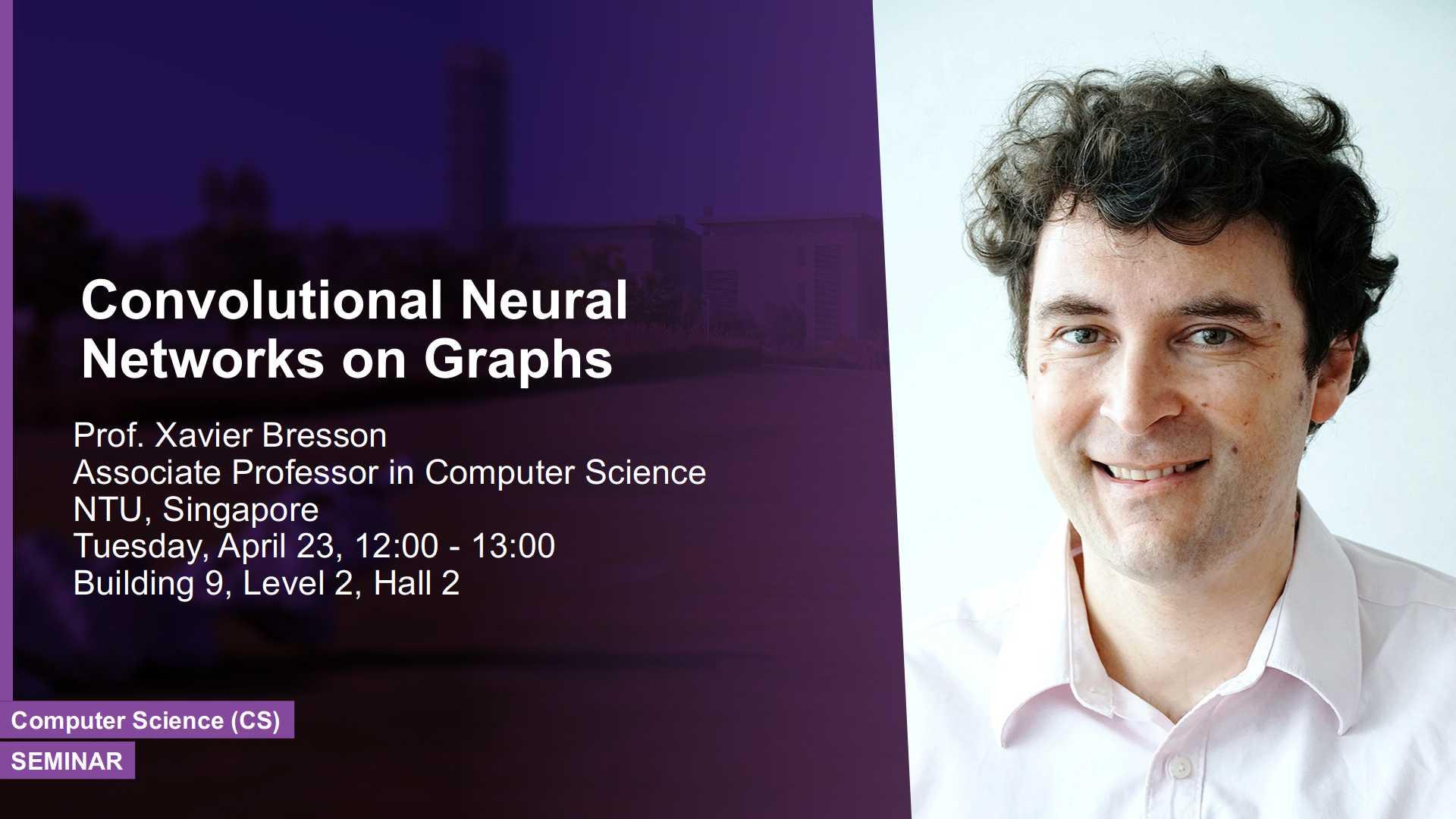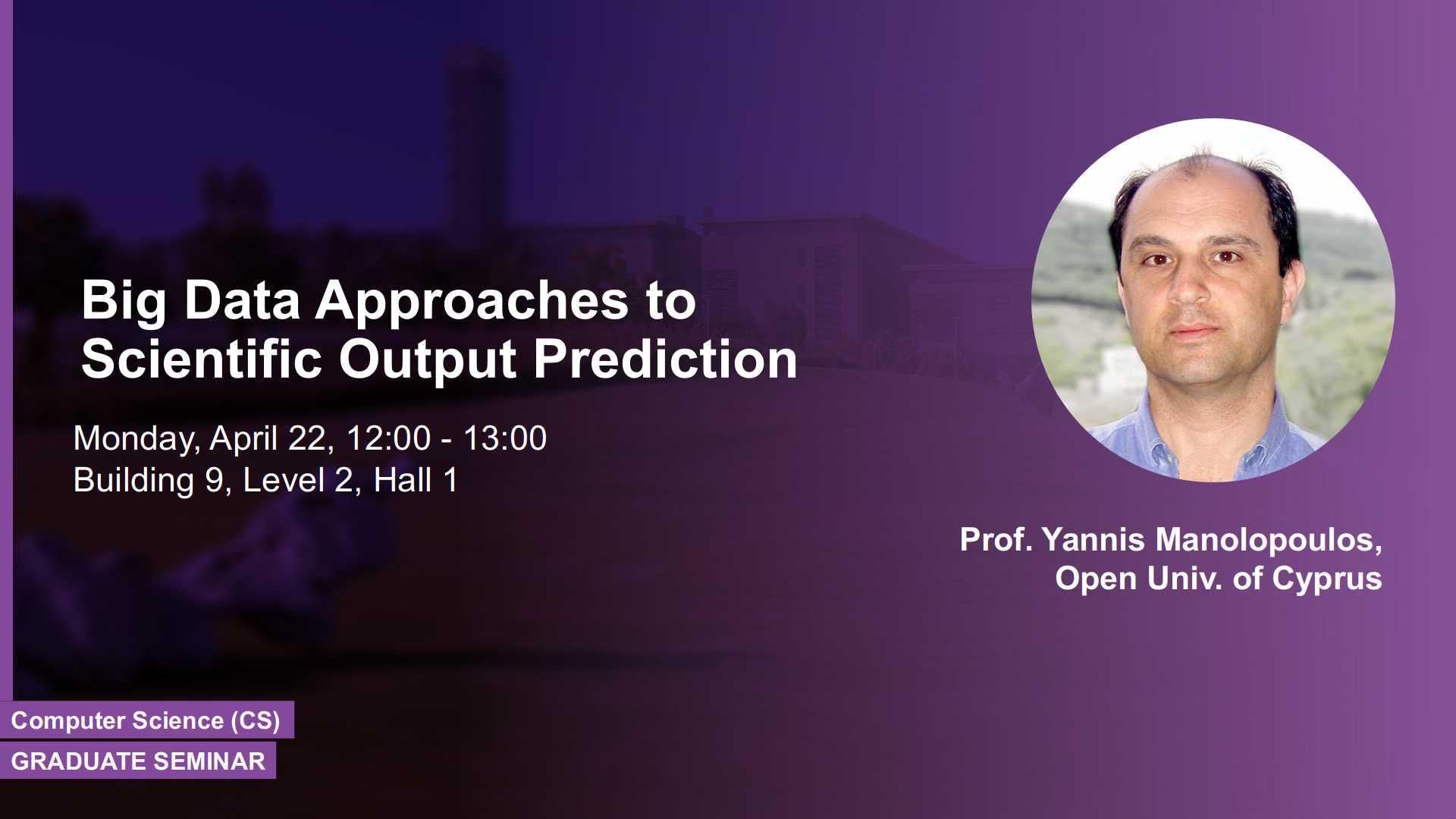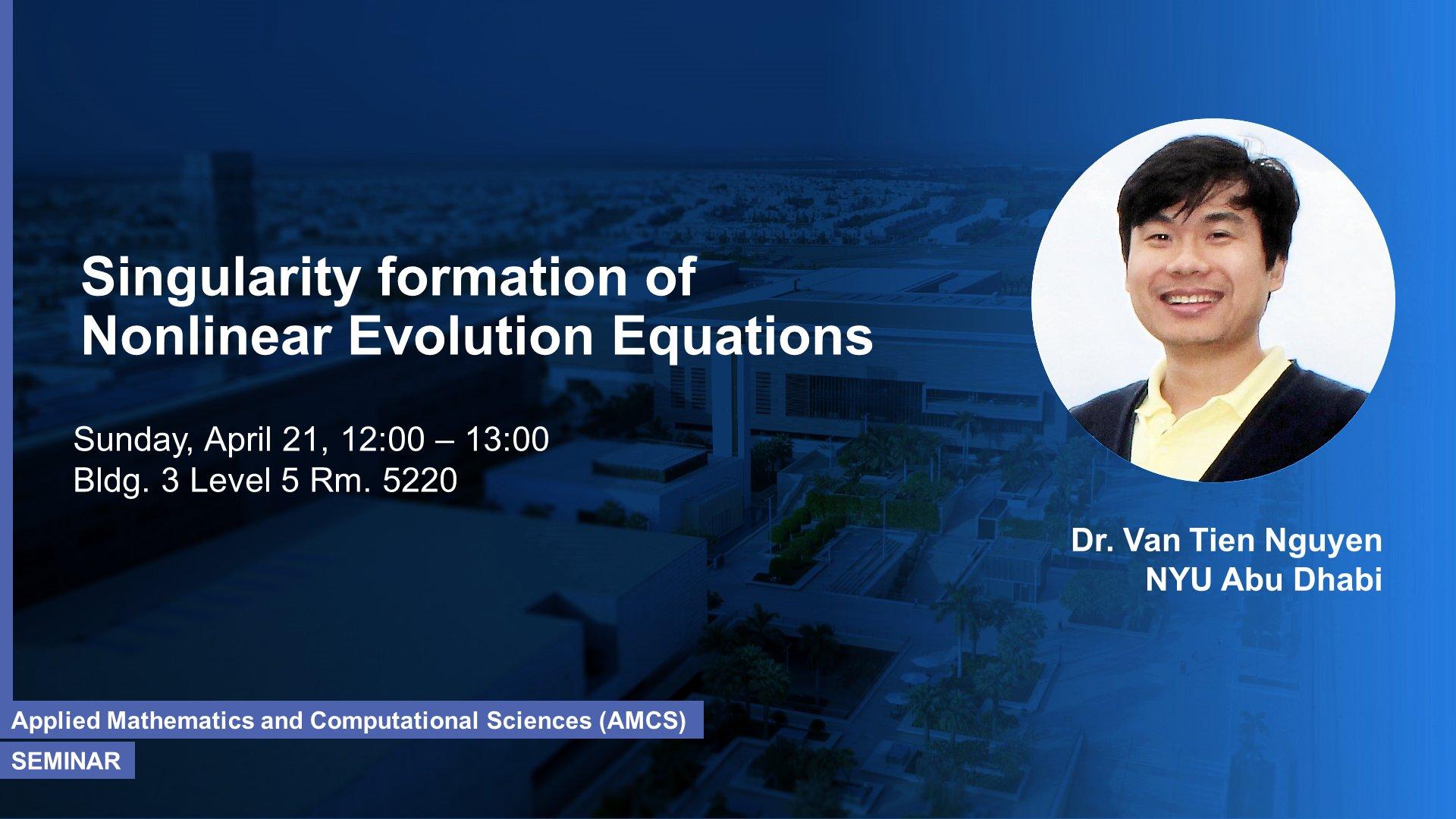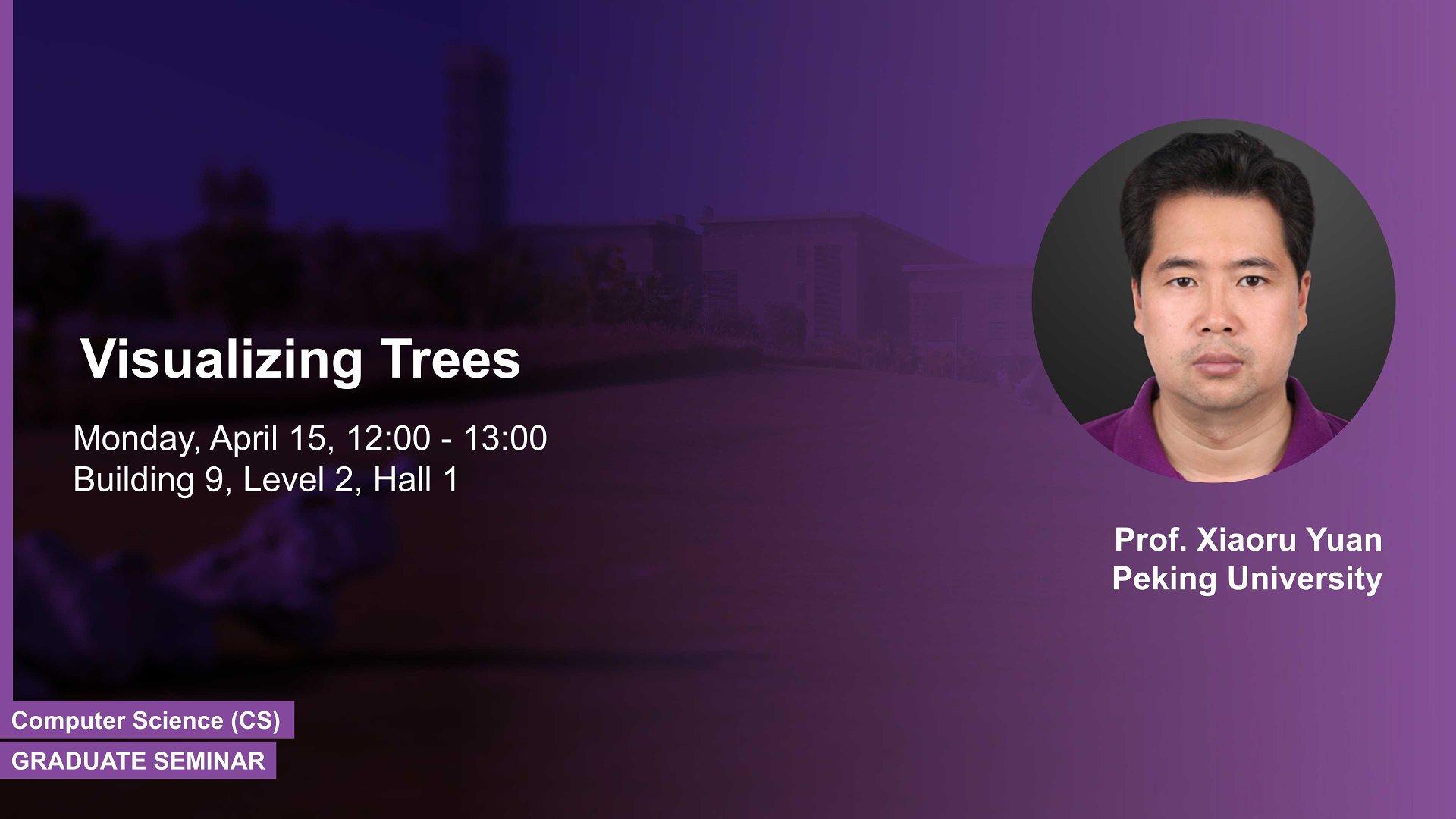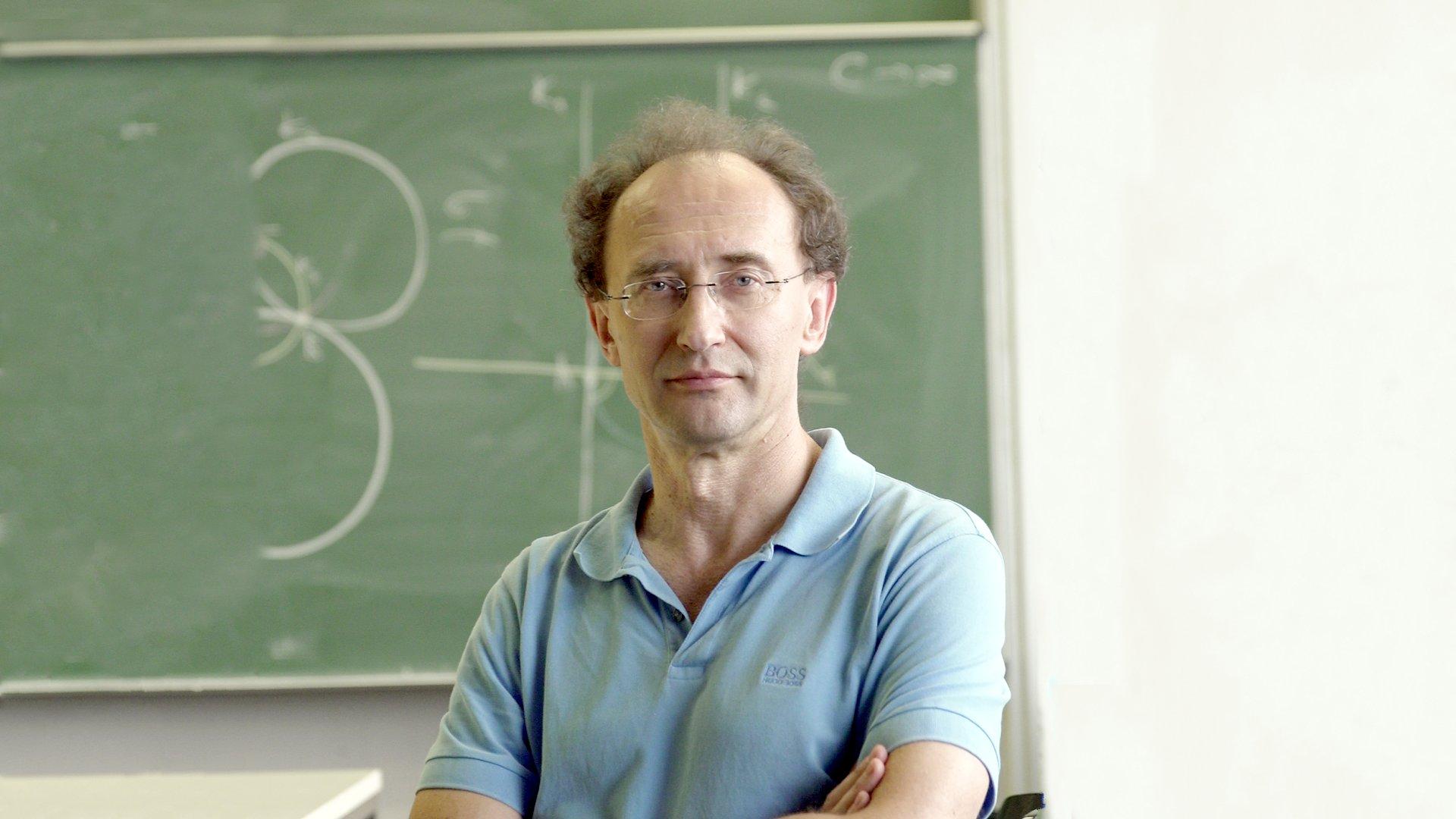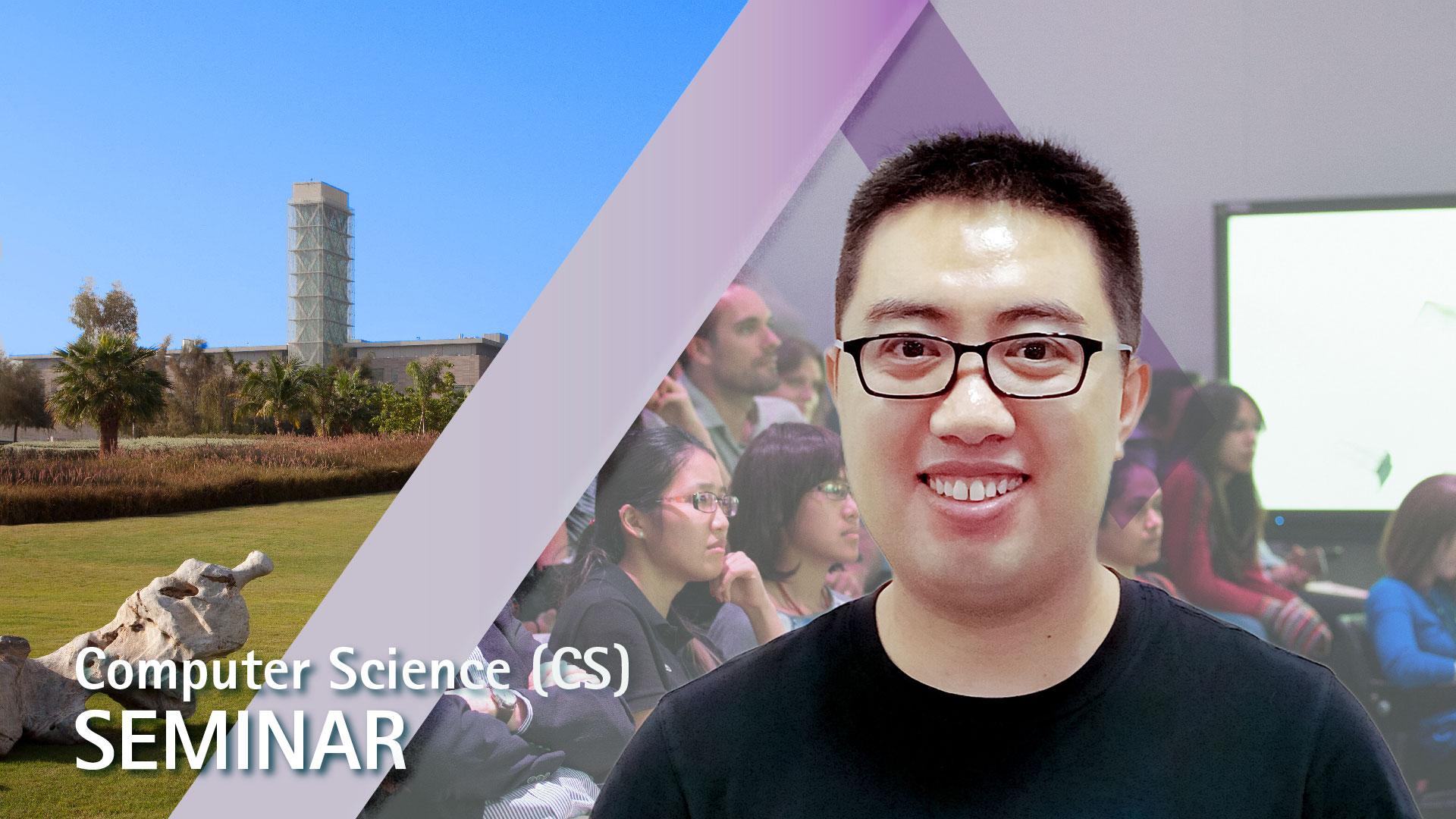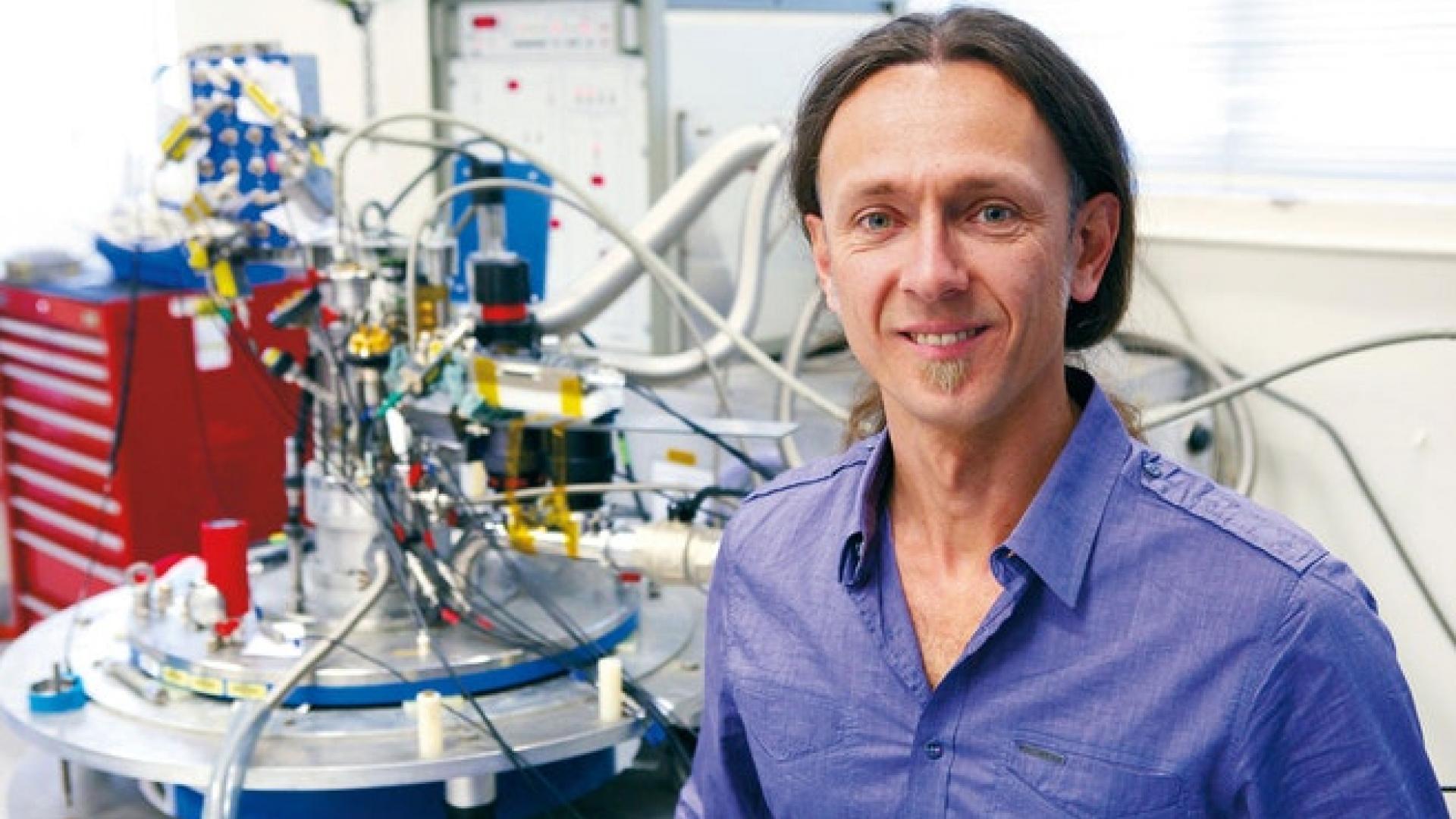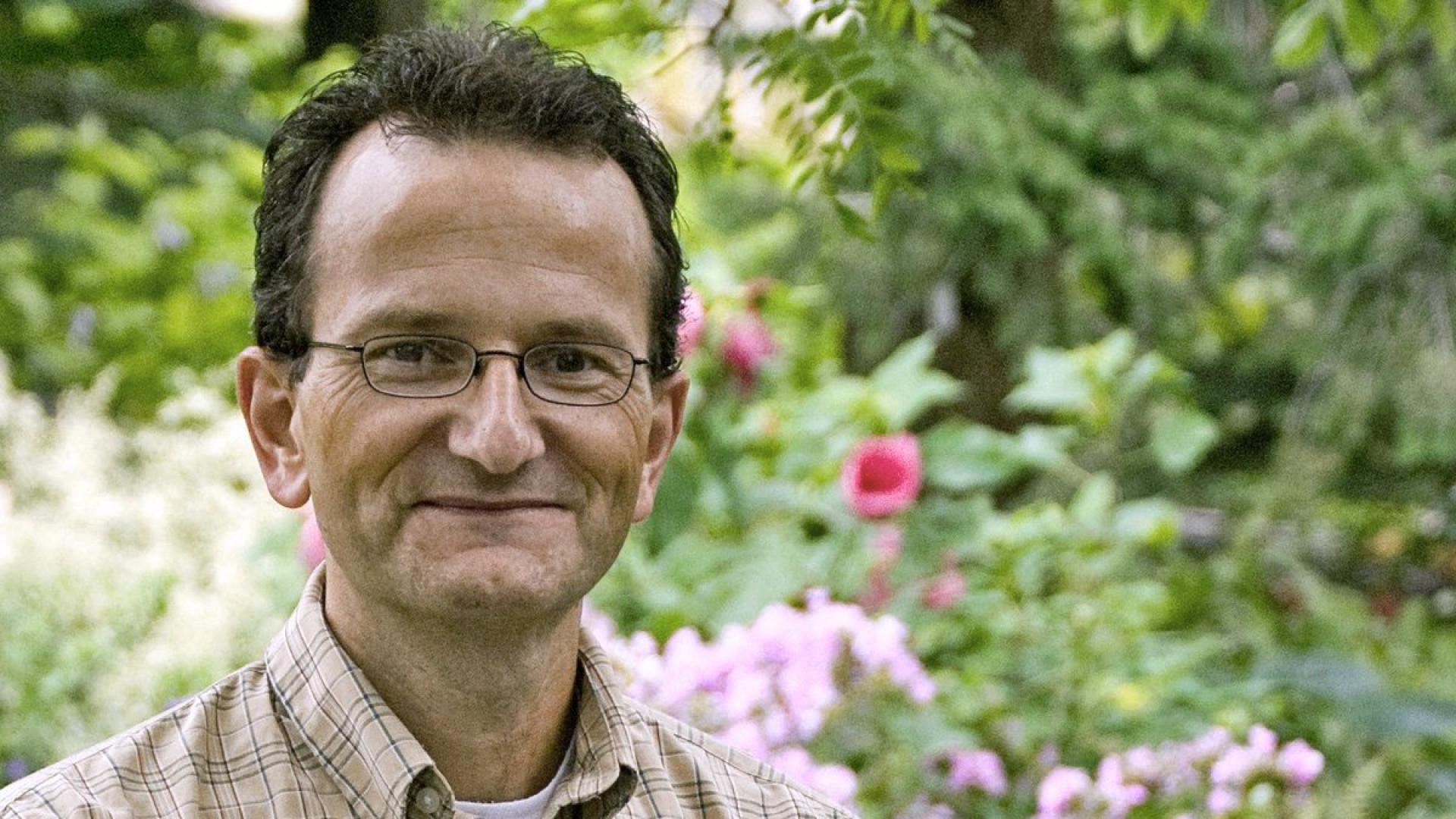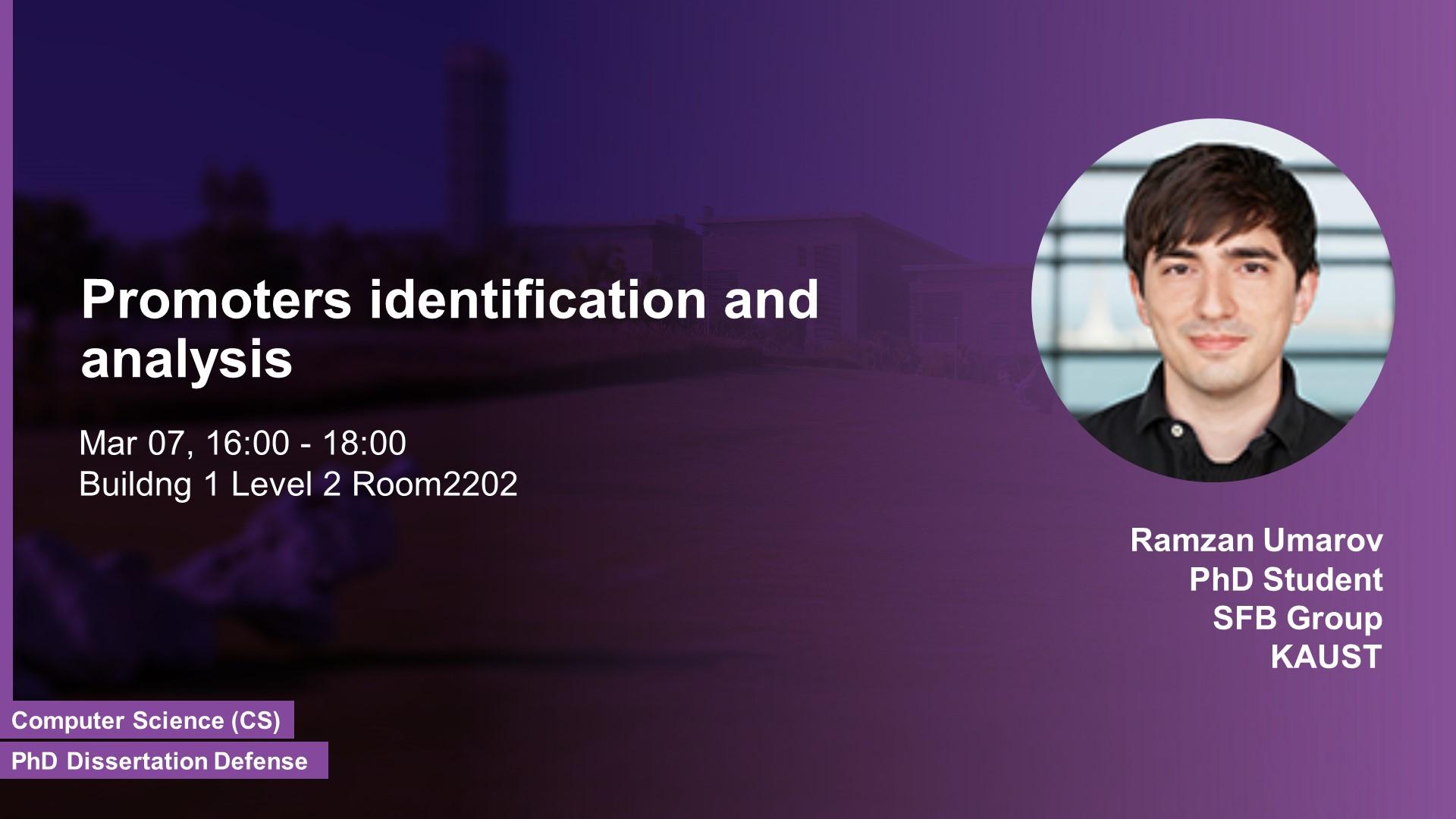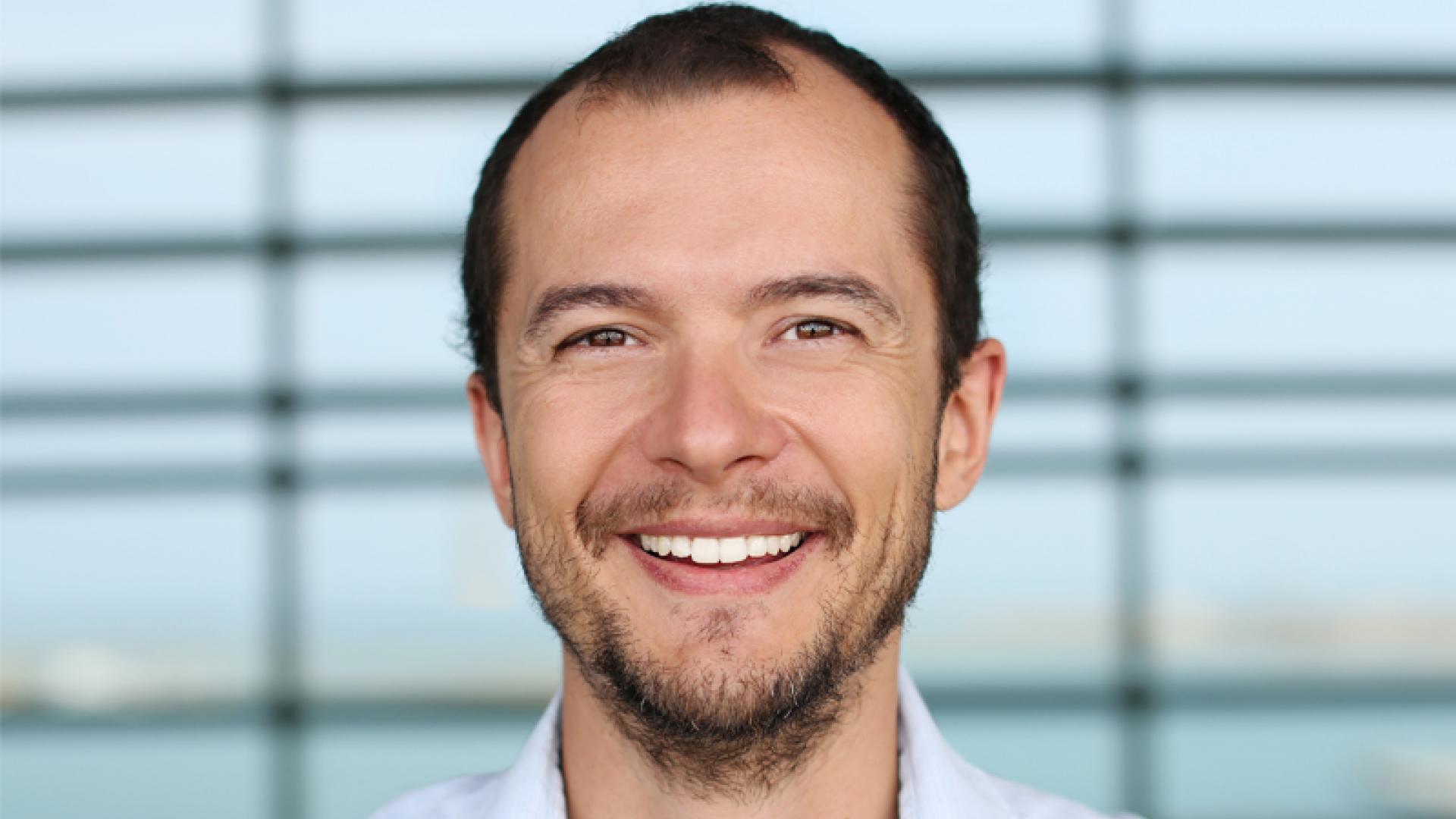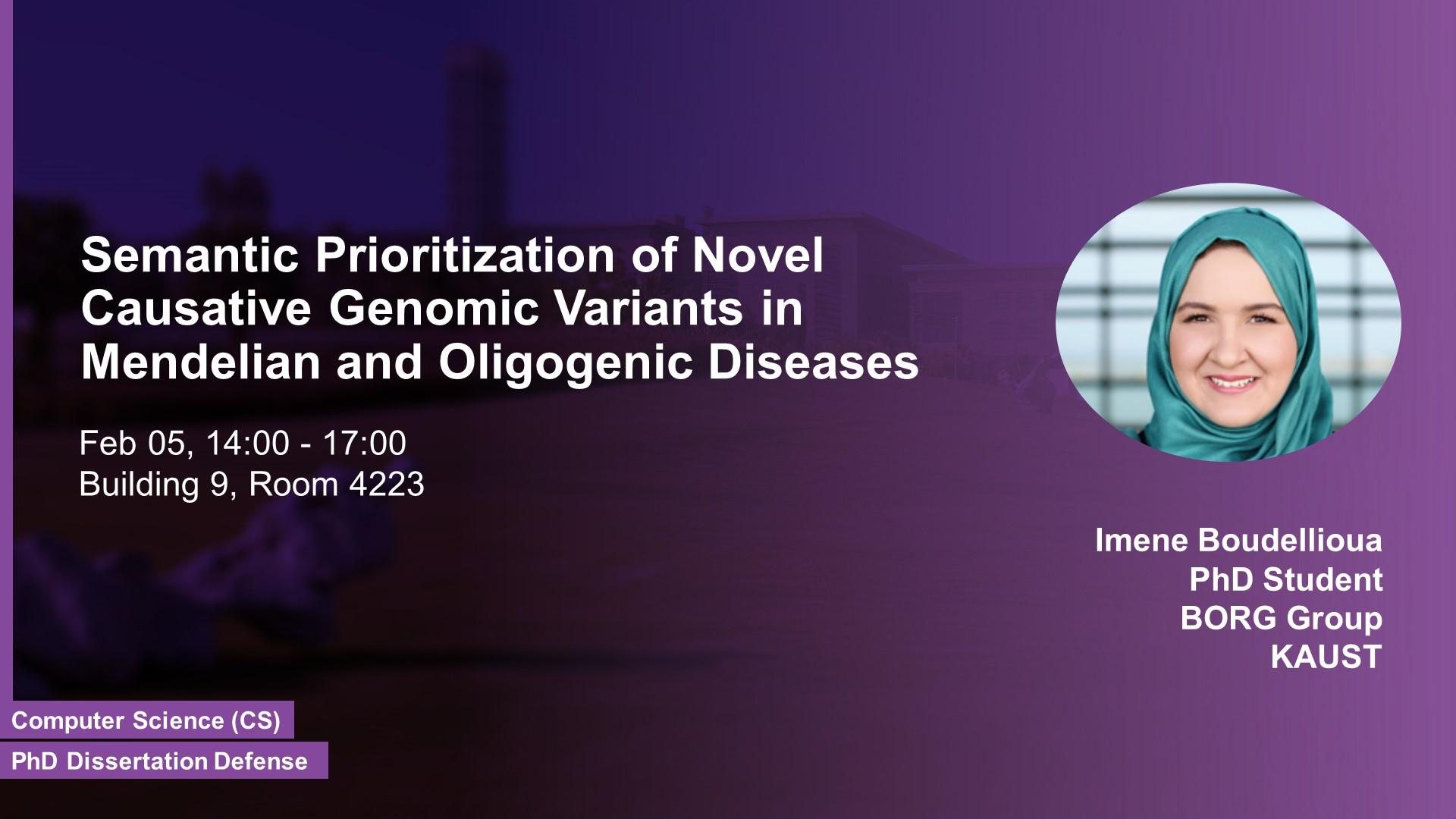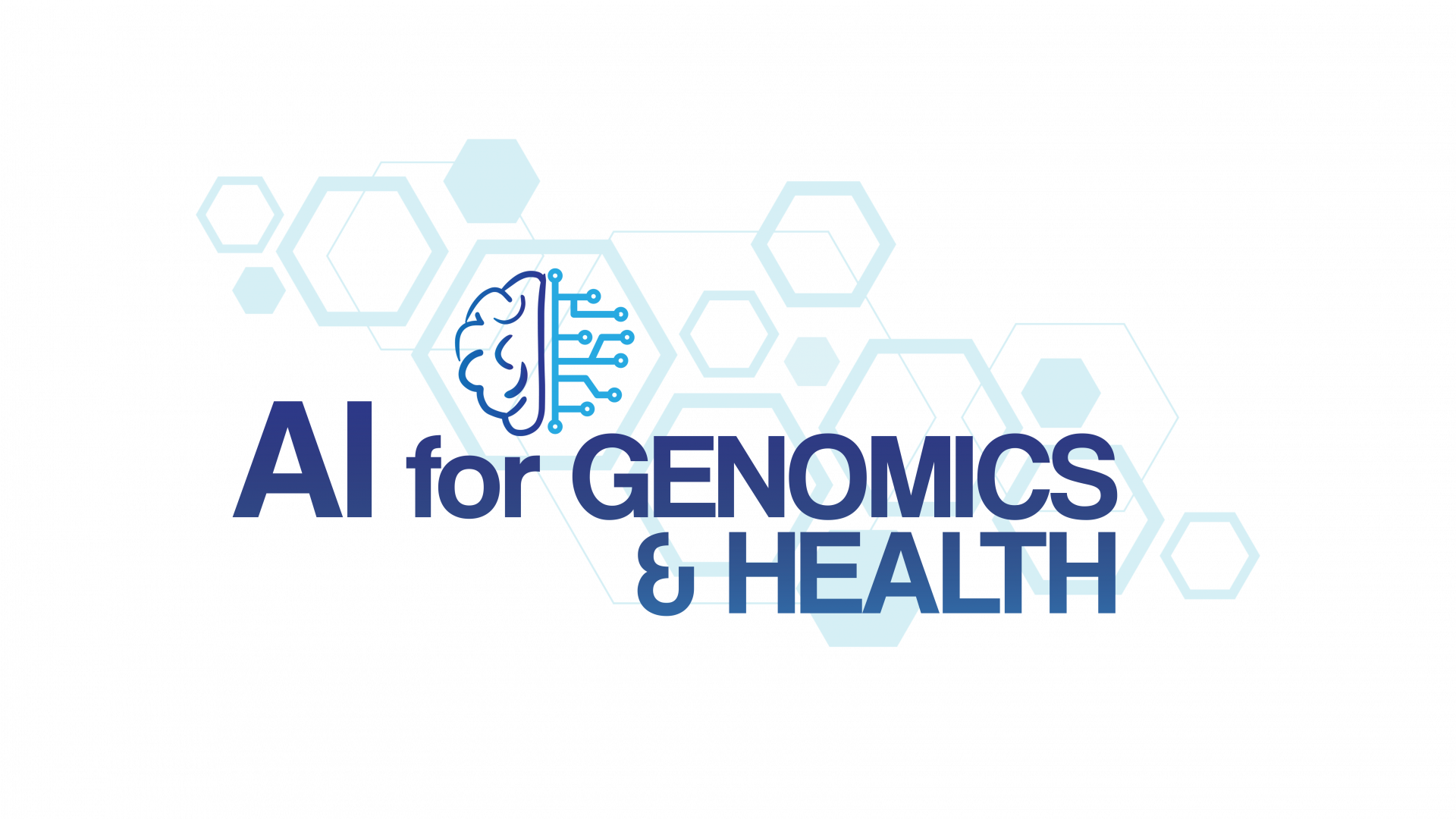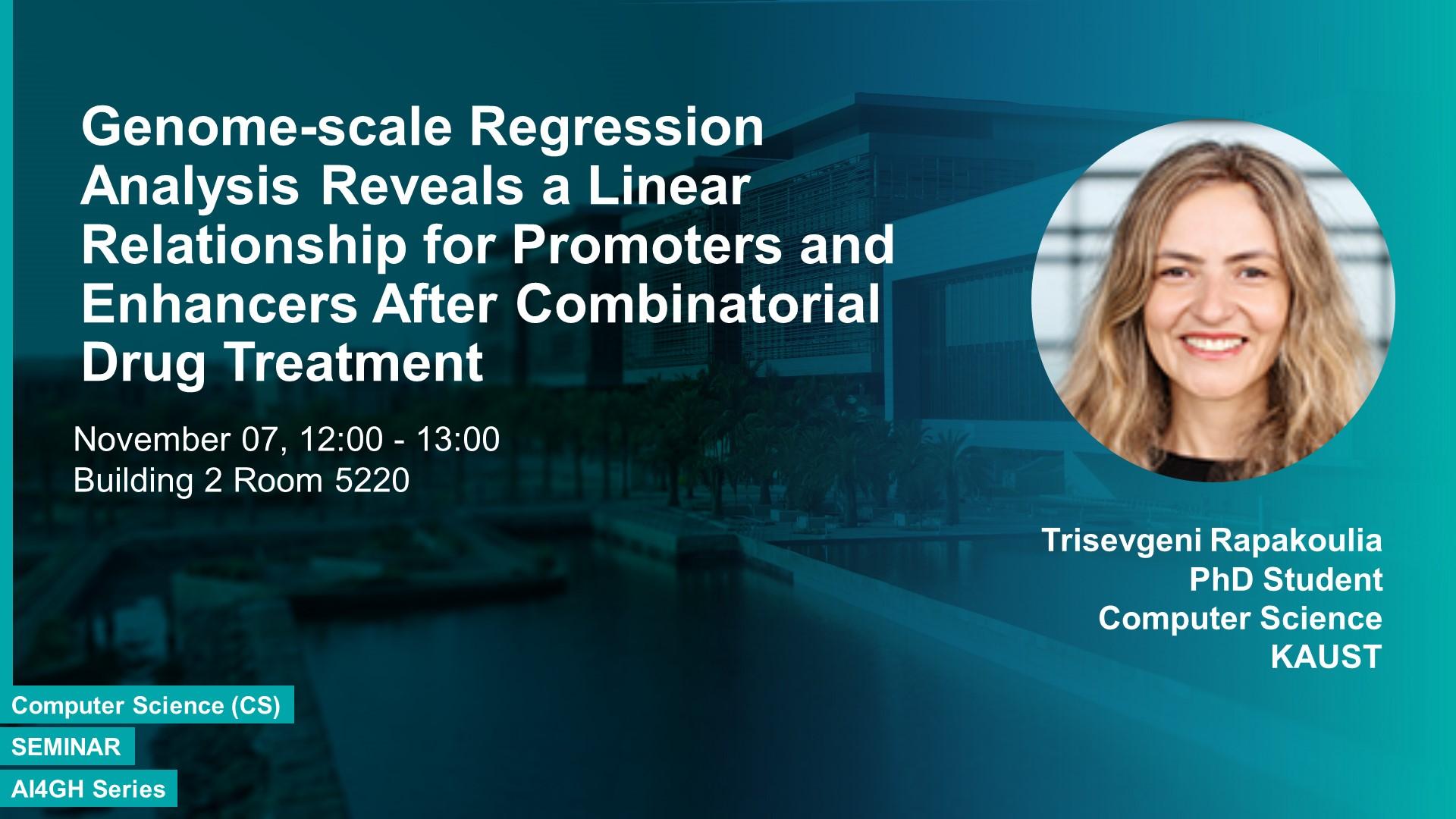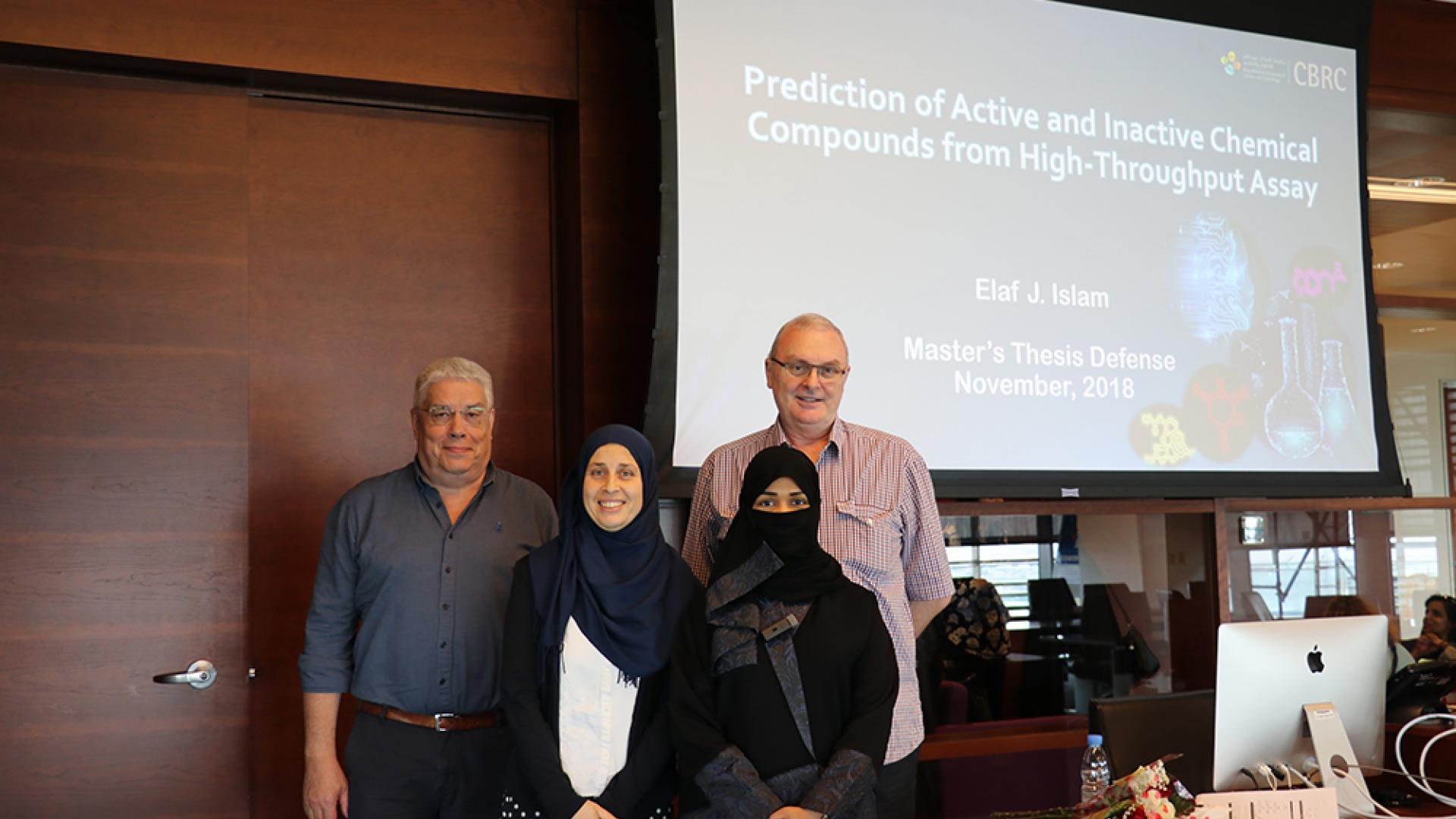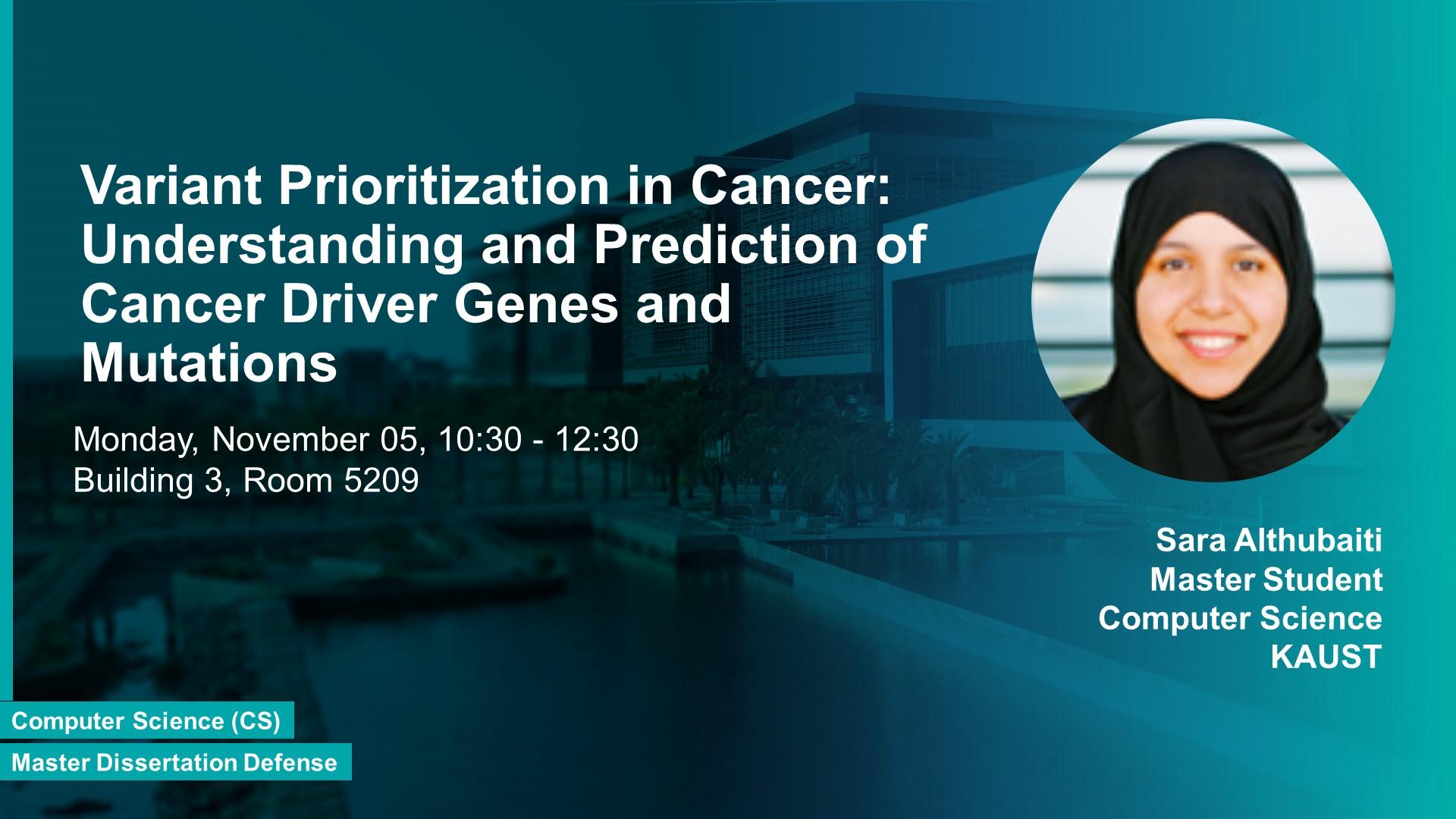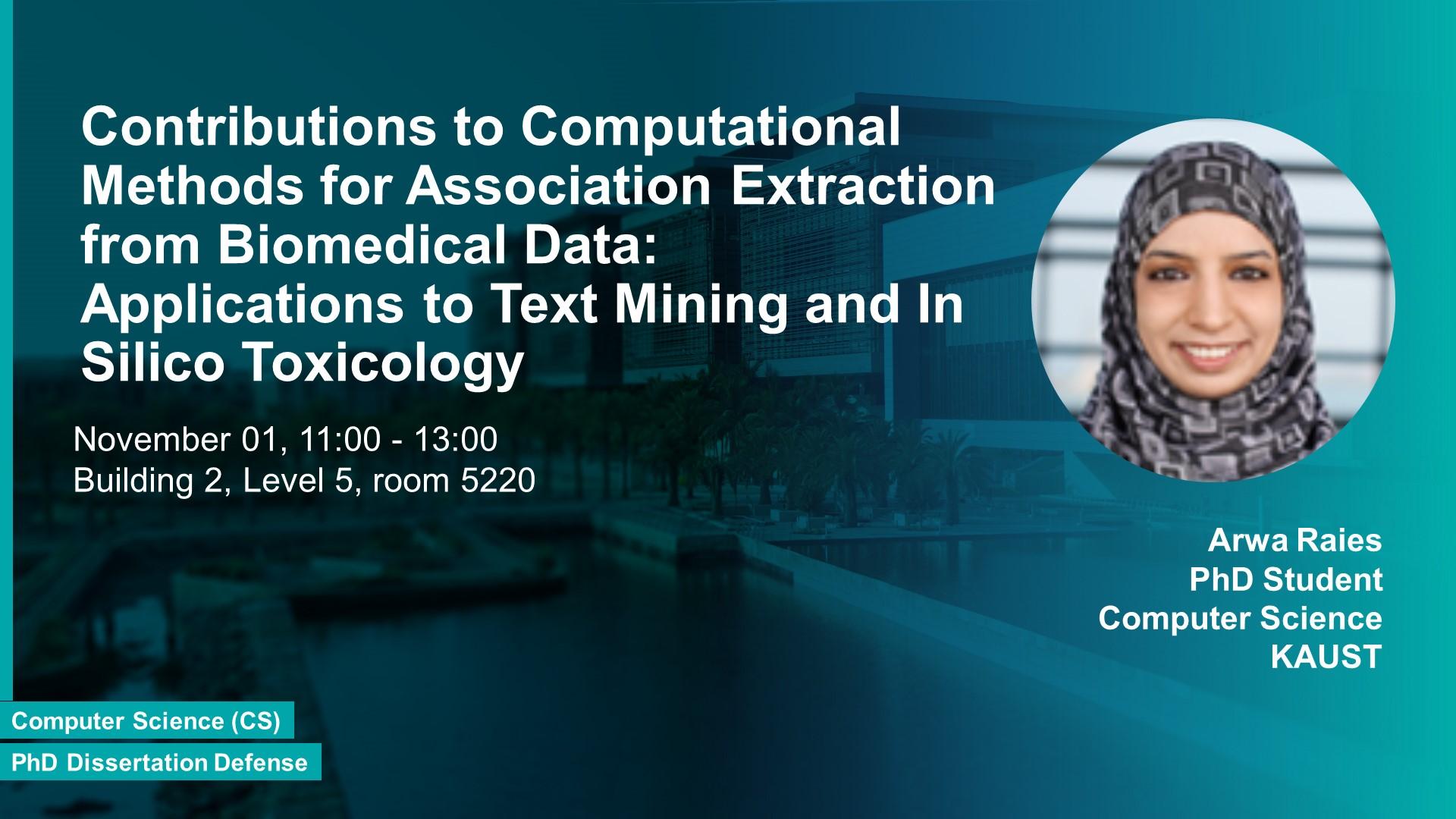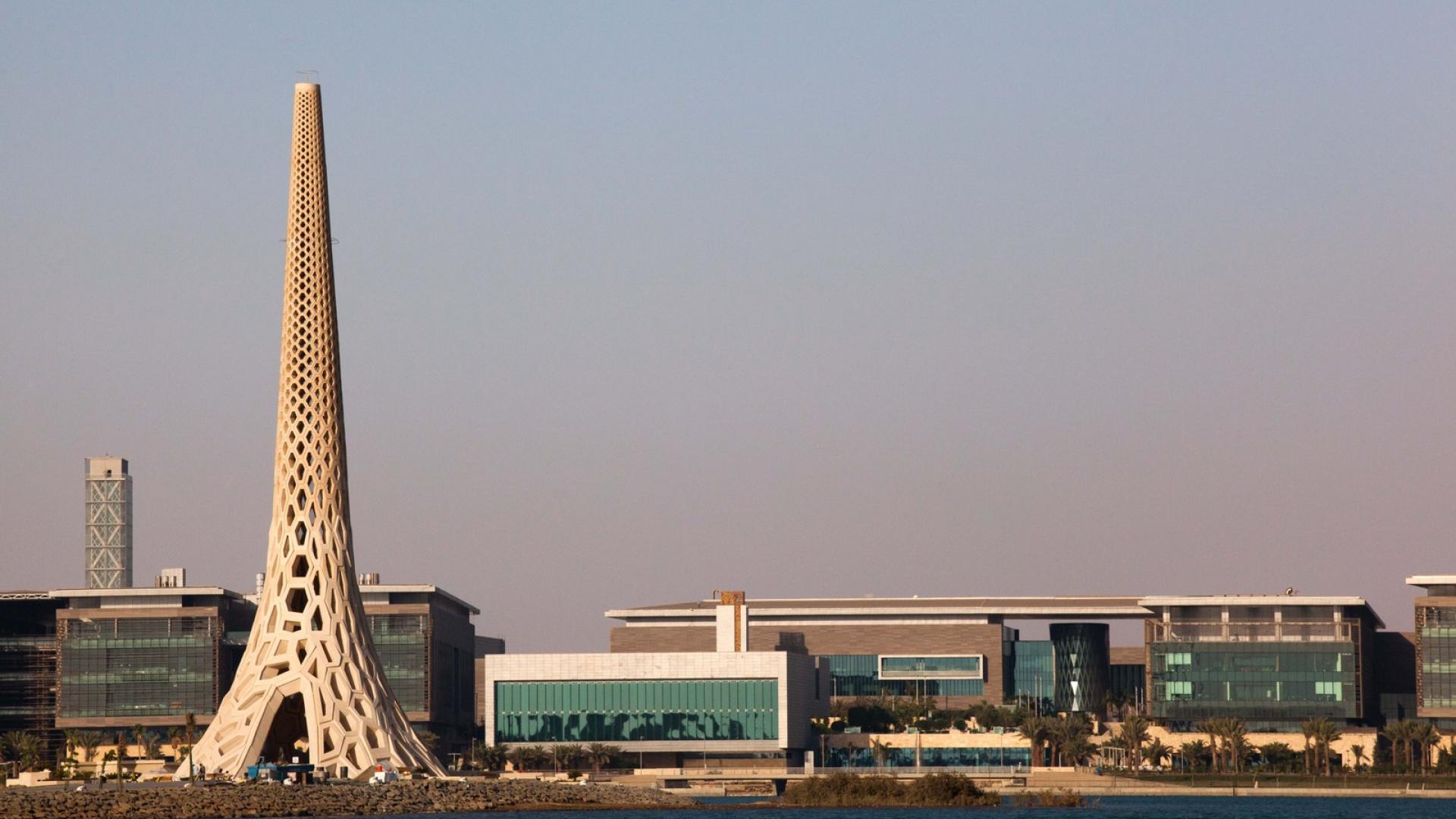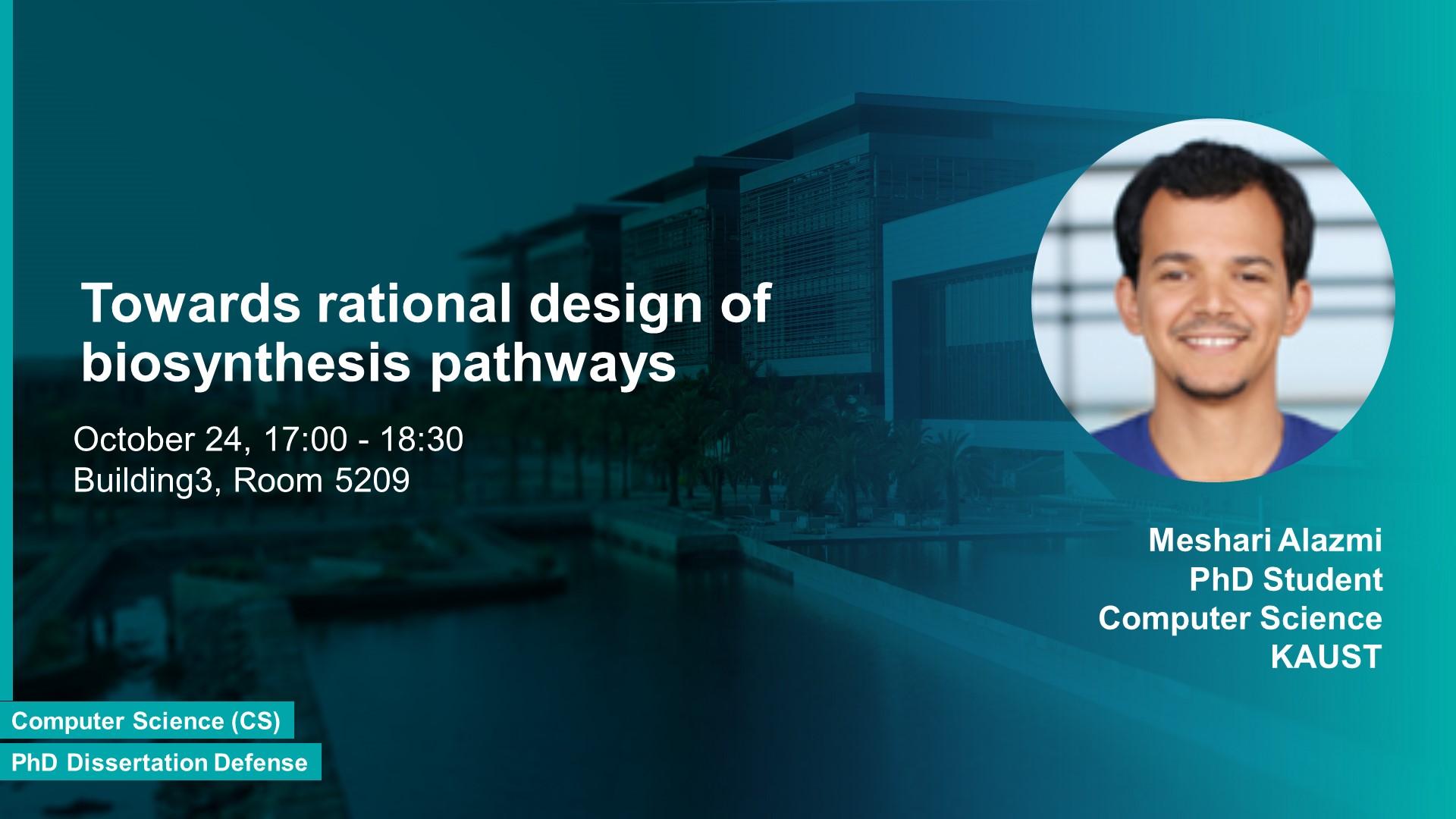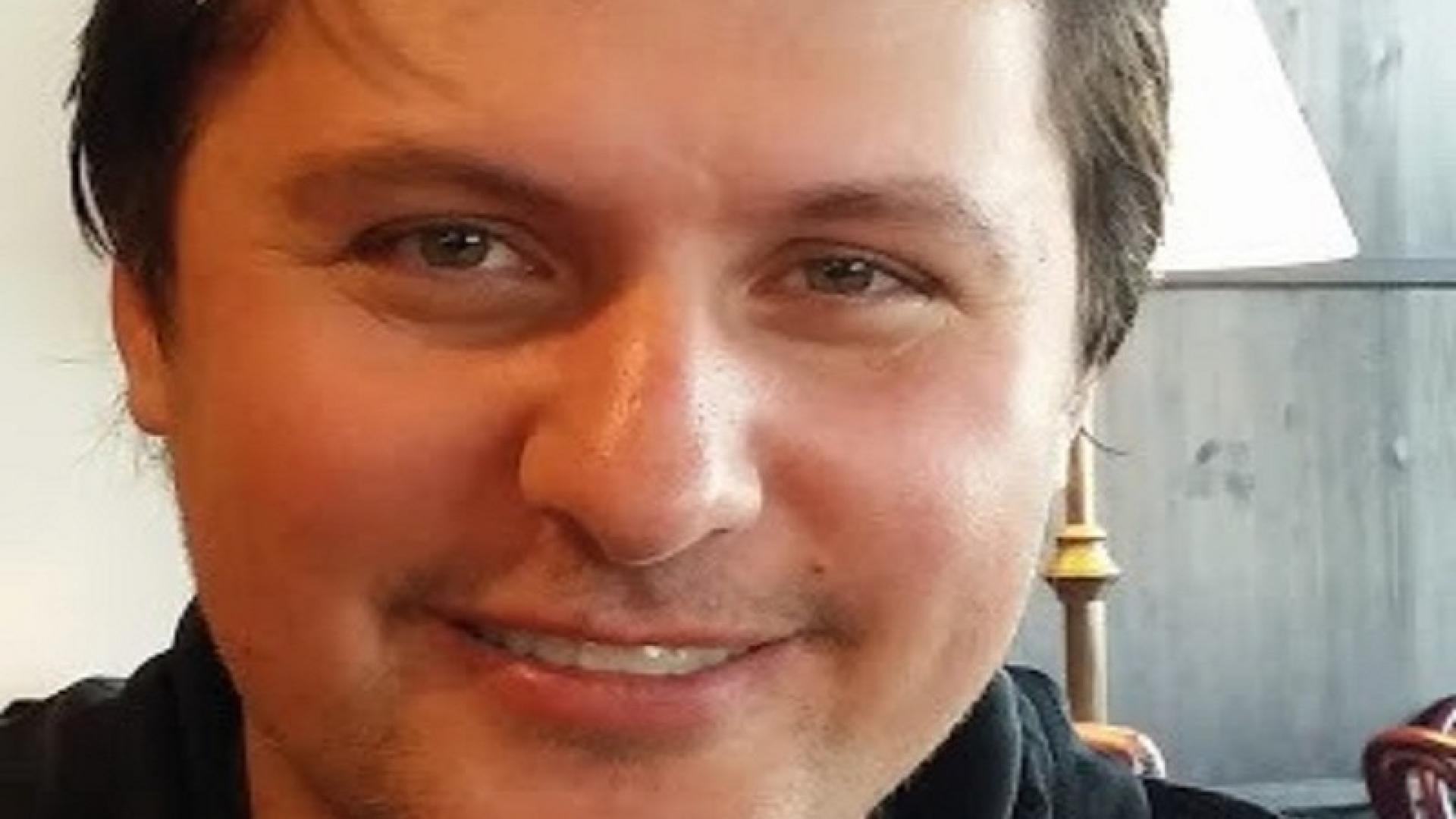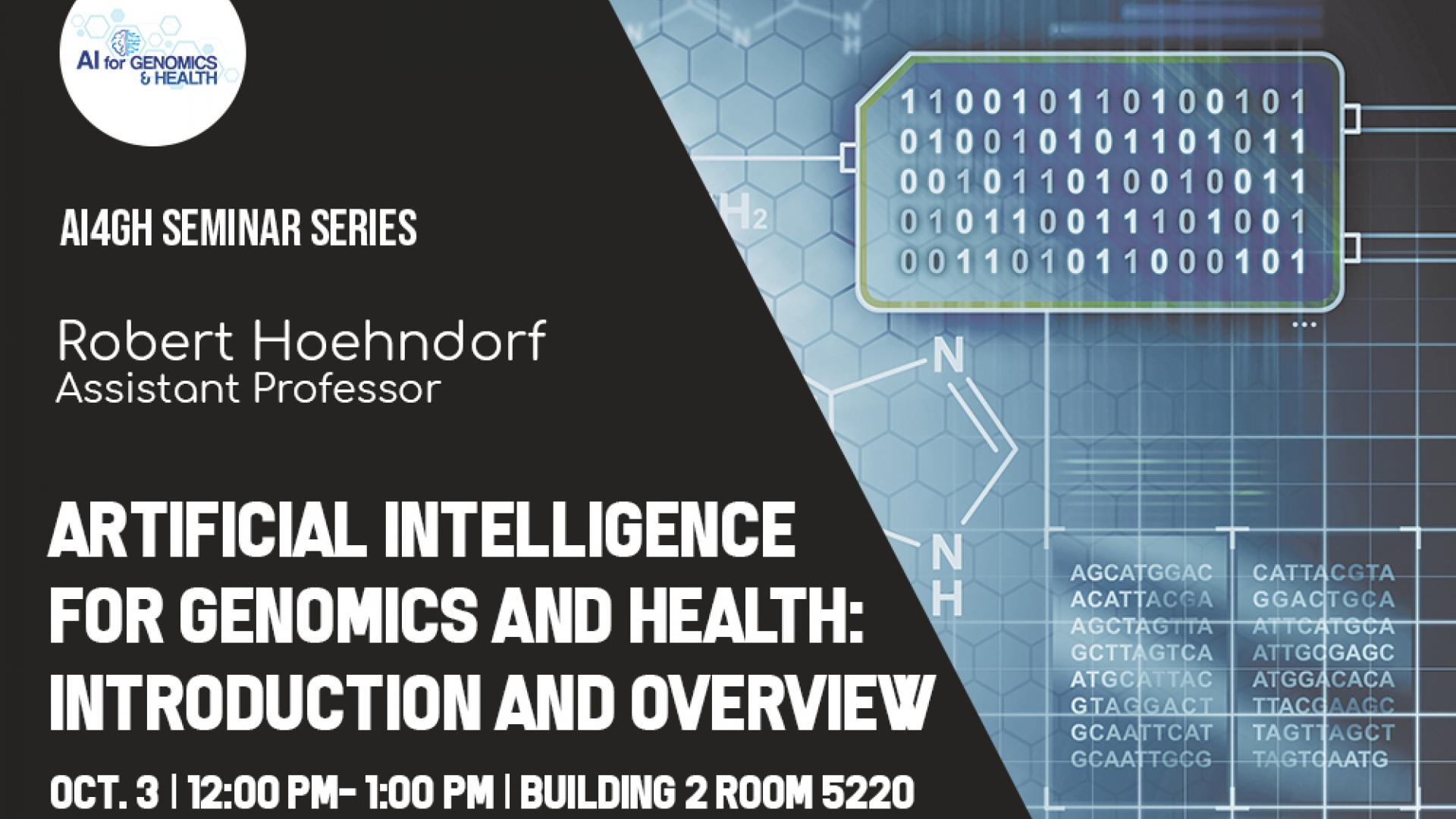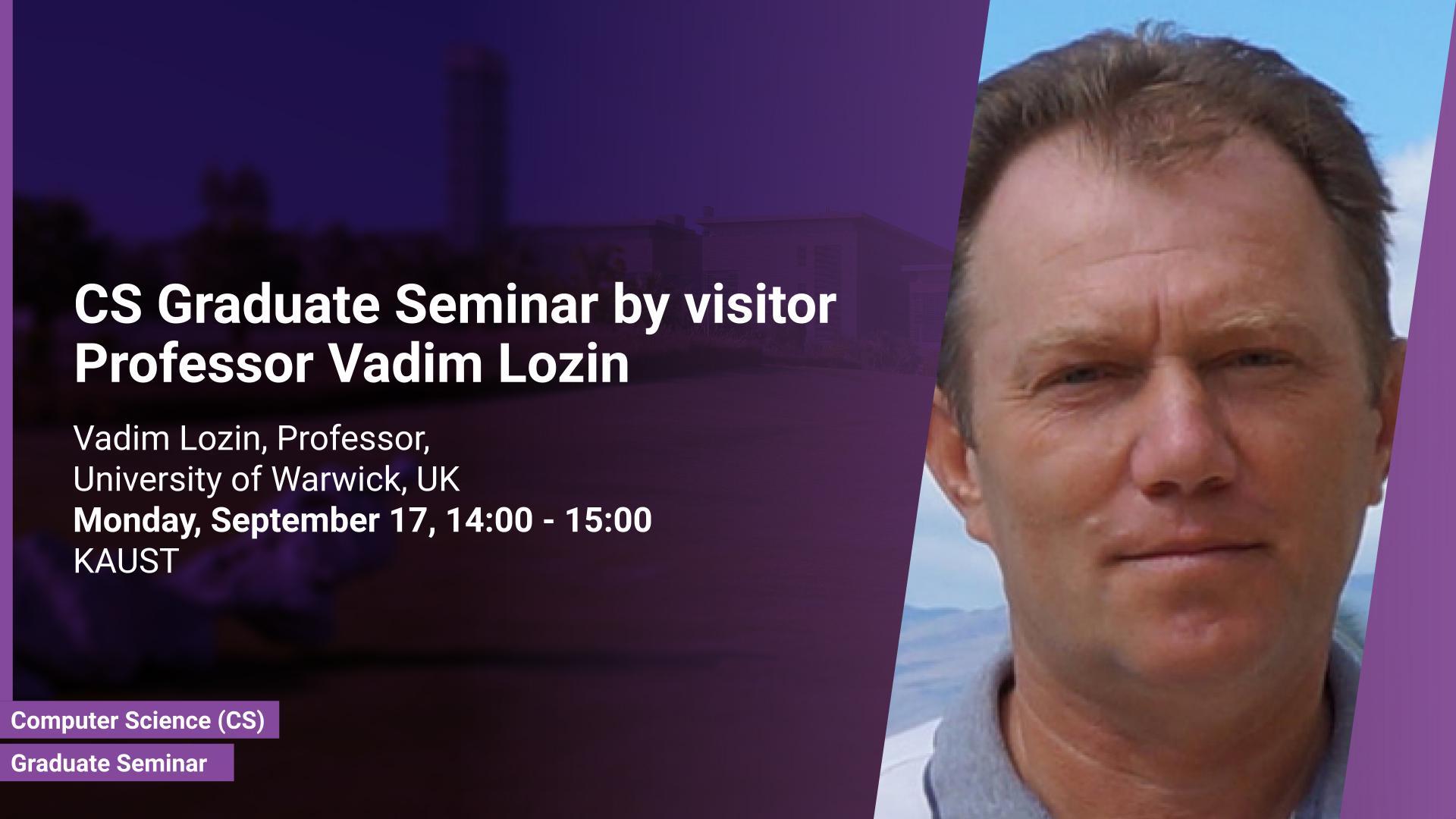Contact Person
Contact Person
Contact Person
How is modern mathematical teamwork carried out? The multiple award-winning film The Discrete Charm of Geometry by Ekaterina Eremenko will screen on April 3rd after the CEMSE Dean's Distinguished Lecture Discrete conformal mappings and Riemann Surfaces: Theory and Applications by Prof. Alexander I. Bobenko, Technische Universität Berlin. Following the screening, Prof. Bobenko will be available for a Q&A session.
Contact Person
Contact Person
Contact Person
This talk presents an overview of recent methodological advances in developing item-based nearest-neighbor-b
Contact Person
Abstract
The life sciences have invested sig
Contact Person
Abstract
Recent advances in Next Generation
Contact Person
Contact Person
Abstract: Graphs are a natural way to capture relations among objects or people.
Contact Person
Contact Person
Abstract
This study considers chemical compounds that can exert their a
Contact Person
Abstract
Sequencing has identified millions
Abstract
The task of association extraction
Contact Person
Abstract
Interpretation and simulation of th
Contact Person
With the advent of the Internet and Internet-connected devices, modern business applications can experience
Contact Person
Abstract
Genomics and health are prime areas
Contact Person
Abstract
In this talk, we introduce a new graph parameter under the name functionality.
